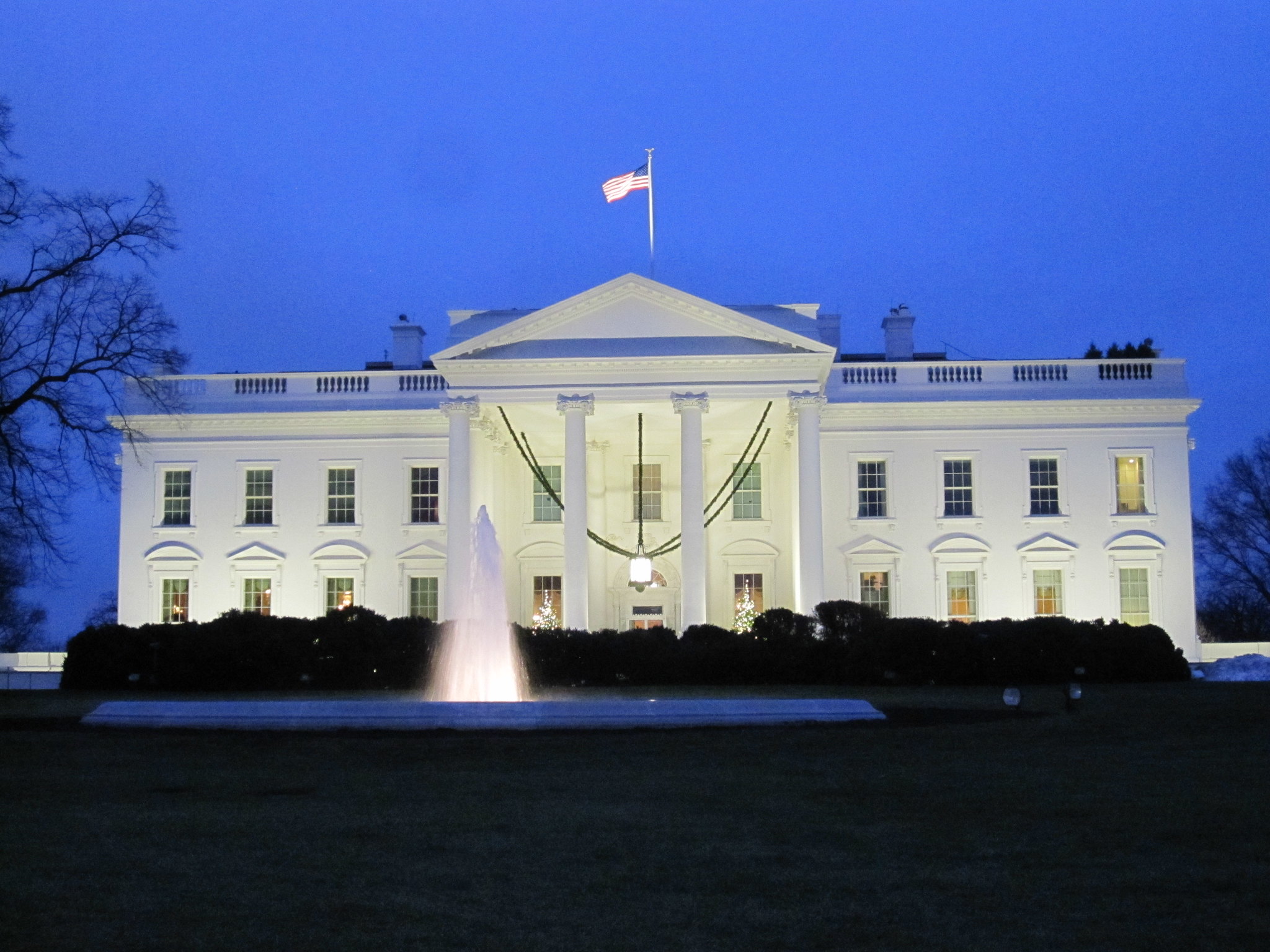The Trump administration has announced a significant policy shift, revoking the legal status of over 500,000 migrants who entered the United States under a Biden-era sponsorship program. This decision marks one of the most sweeping immigration changes in recent years and has sparked widespread debate about its implications for migrant communities and U.S. immigration policy.
Background on the CHNV Program
The affected individuals were part of the parole program for Cuba, Haiti, Nicaragua, and Venezuela (CHNV) introduced during President Biden’s tenure. The initiative aimed to reduce illegal border crossings by providing legal pathways for migration. Under this program, the U.S. grants temporary work permits and deportation protections to migrants from these countries upon their arrival.
Since its inception, approximately 532,000 migrants benefited from CHNV’s provisions. However, critics argued that it bypassed congressional limits on immigration while raising concerns about fraud and inadequate vetting processes.
Policy Reversal Under Trump Administration
President Trump’s administration has taken decisive steps to dismantle humanitarian-based immigration programs like CHNV. Effective late April 2025—30 days after March 25—the legal protections granted under this program will be terminated. Migrants are being urged to self-deport or face arrest and removal by federal authorities if they fail to comply within this timeframe.
Homeland Security officials emphasized that those prioritized for deportation include individuals who have not applied for alternative statuses such as asylum or green cards. The Department of Homeland Security (DHS) also announced plans to phase out Temporary Protected Status (TPS) programs for Haitians and Venezuelans while suspending pending benefit applications filed by CHNV participants.
Rationale Behind Policy Shift
The DHS justified its decision by citing concerns over national security risks posed by “loosely vetted” entrants under CHNV policies. Officials argued that terminating these programs aligns with “common-sense policies” prioritizing public safety and American workers’ interests.
As a DHS spokeswoman, Tricia McLaughlin stated that ending these parole programs reflects an “America First” approach to restoring order in U.S. immigration systems while addressing potential exploitation of existing laws.
Republican lawmakers have supported mainly this move as necessary enforcement against perceived loopholes in previous administrations’ policies; however, Democrats view it as an attack on vulnerable populations seeking refuge from dire conditions abroad.
Impact on Affected Migrants
For many beneficiaries of CHNV protections now facing uncertainty regarding their future status within America’s borders—this announcement represents life-altering consequences:
- Losses include access previously granted through work authorization permits.
- Families may face separation due to either voluntary departures back home countries or forced removals conducted by federal agents.

